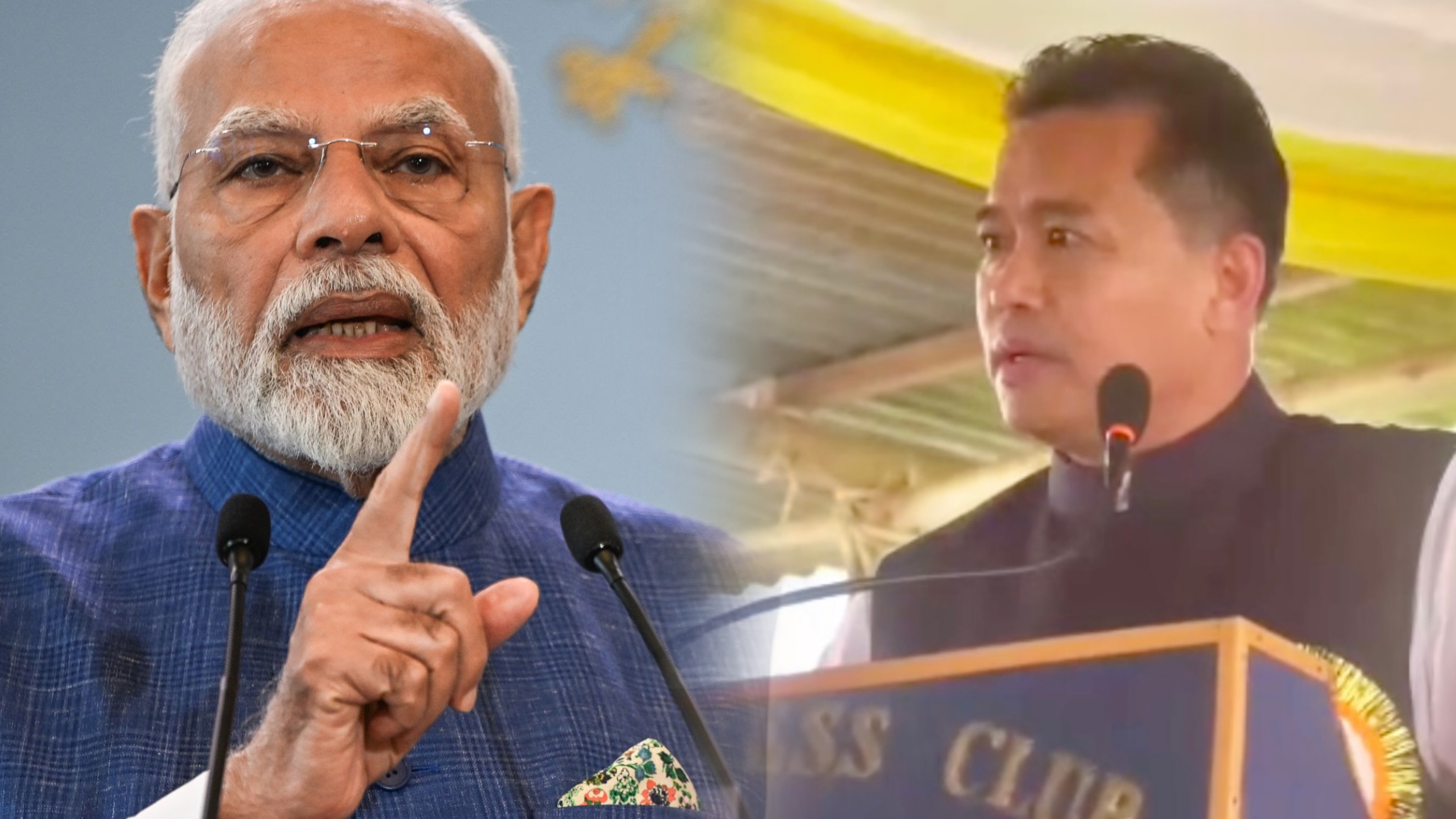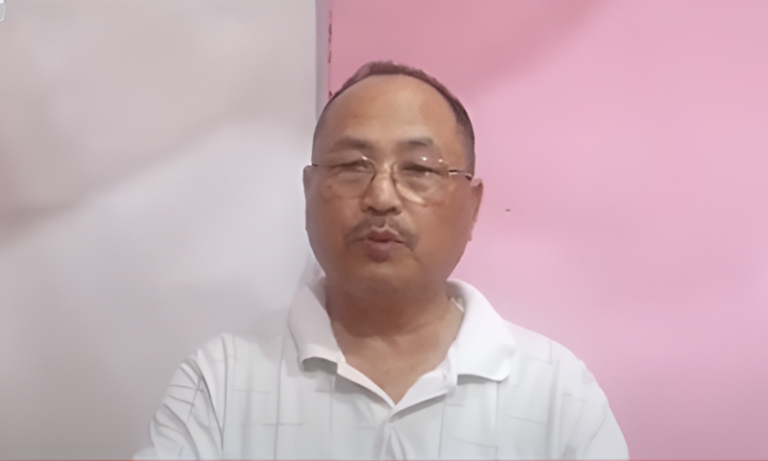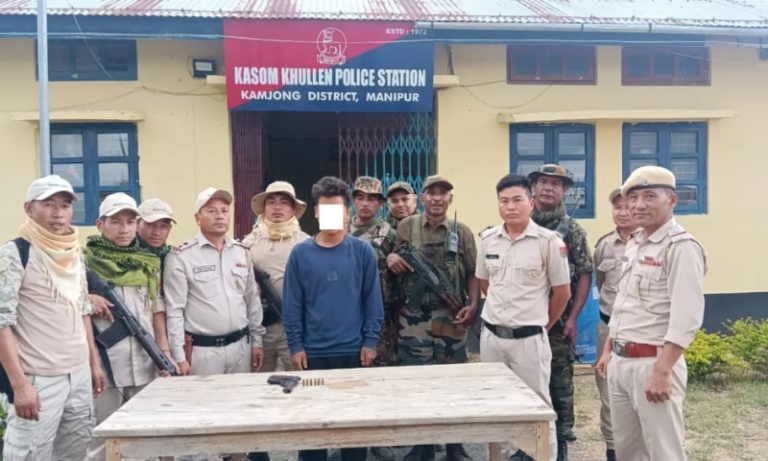MLA Bishwajit Defends PM Modi’s Manipur Speech — Separating Symbolism From Substance
MLA Thongam Bishwajit Singh publicly defended Prime Minister Narendra Modi’s recent address in Manipur, rejecting opposition claims that the speech ignored the prolonged ethnic violence and the suffering of internally displaced persons. Bishwajit said critics had misinterpreted the Prime Minister’s remarks and that Modi’s speech — and his interactions with displaced people — covered peace, resettlement and development.
What Bishwajit said, in plain language
At the All Manipur Working Journalists’ Union (AMWJU) event, MLA Thongam Bishwajit Singh pushed back on the narrative that the Prime Minister “ignored” the crisis. He argued critics misread the speech and stressed that the PM had explicitly touched on peace, development, women’s empowerment, and strengthening local autonomous councils — plus, according to Bishwajit, Modi had personally interacted with displaced persons and assured them about resettlement and welfare. In Bishwajit’s view, the speech was “comprehensive” and intended to balance sensitive political realities with promises of practical development.
This is a classic political defense: frame the leader’s words as measured and strategic rather than neglectful. Bishwajit also warned against simplistic readings — essentially asking critics to “listen carefully” before accusing the PM of indifference.
Final takeaway — what the Bishwajit defence tells us
Bishwajit’s public defence reframes the PM’s visit as a careful, multi-issue address rather than an omission. It’s a reminder that political communication often functions on two levels: symbolism and governance. Both matter — but only governance transforms lives. In the tense, emotional environment of Manipur, citizens and political actors will keep a close watch on whether words turn into things people can see, touch and trust.
5 FAQs
Q1: Did PM Modi specifically mention displaced people during his Manipur speech?
A1: Yes — reports and local accounts note that Modi engaged with displaced persons and mentioned peace and development in his address; local leaders like MLA Bishwajit cited those interactions as evidence the speech covered resettlement and welfare.
Q2: Why are critics still unhappy if the Prime Minister talked about peace?
A2: Because many critics want immediate, verifiable action — such as clear resettlement plans, security on the ground, and accountability for crimes — not only appeals for peace or project launches. Symbolic words without fast and visible delivery can feel inadequate.
Q3: What are the main demands of displaced people in Manipur right now?
A3: Displaced residents typically seek safe return corridors, secure housing, compensation, reliable security guarantees, access to healthcare and education, and credible investigations into atrocities. These are practical ask items that take administrative work to deliver.
Q4: Will development projects be enough to heal the conflict?
A4: Development projects help but are not sufficient alone. Sustainable peace requires justice, reconciliation processes, protection for minorities, and community-level dialogues alongside material reconstruction.
Q5: How can citizens verify if promises are being implemented?
A5: Look for published timelines, beneficiary lists, independent monitoring reports (from NGOs or third-party agencies), and regular updates from state/central authorities. Civil society and press verification is crucial to ensure transparency.



